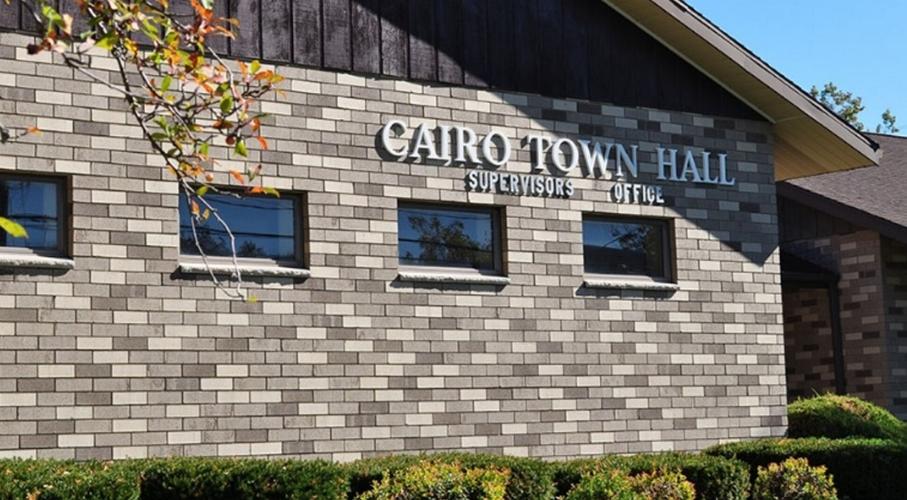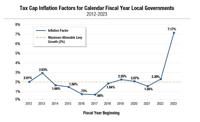CAIRO — The services of a forensic accountant to review Cairo’s financial records dating back to the previous administration have been engaged by Town Supervisor Jason Watts.
“We had a forensic investigator here and we’re just waiting for some other audits to be done,” Watts said. “There were three or four different spreadsheets,” said Watts. “We couldn’t figure it out without hiring somebody.”
Town officials want to find out the reason for current and recent accounting errors over several years, Watts said.
Officials have rectified a 2023 budget bookkeeping error that caused residents to see a 7.5% increase in their taxes this year, a hike that breached the New York State Property Tax Cap, which allows towns to increase their budgets 2%.
By cutting costs from the budget, the town has matched the $300,000 overage it had gained from the breach, a measure that came from a directive of the New York State Comptroller’s office.
The $300,000 overage collected as a result of the breach and $300,000 in matched town funds have been placed in an interest-bearing account with the Bank of Greene County. The town will be able to access the funds next year.
“We were told that we had to put it away,” said Watts.
The line items scratched from this year’s spending include a new roof and steps for the town hall, and salary increments for the board, Town Supervisor Jason Watts said.
The rest of the town employees received the raises allotted to them in the budget, and though construction of new steps was tabled, a new handicapped-accessible ramp for Cairo Town Hall was built as planned.
The state Comptroller’s office entered the fray after being notified of the breach by a town resident, said Watts, who added he only discovered the error through Facebook posts made by former Town Supervisor John Coyne.
The town’s initial effort to approve the tax cap breach retroactively during an emergency board meeting Dec. 22 failed. A Council quorum passed a resolution to approve the tax cap breach on the recommendation of Town Attorney Tal Rappleyea.
“The attorney said, really quickly, ‘Let’s try to do something to correct this,’” said Watts.
Town resident Monica Keff voiced her concerns at the meeting that the state requires a town’s approval to go over the tax cap before the increase goes into effect, and that a retroactive resolution to do so would not be accepted, according to minutes from the meeting.
The town board recognized it needed to rectify the situation to avoid getting addressed by the Comptroller’s office, according to the minutes.
Two board members were absent from the Dec. 22 meeting, which took place in the afternoon and was announced at 7 p.m. the night before, said Councilman Tim Powers, who was not present for the vote. The other absentee was Councilman Michael Flaherty. The board members who voted to approve the resolution were Watts, Councilwoman Debra Bogins and Councilwoman Mary Jo Cords.
“The resolution was voted on, prepared and sent to the state but the state rejected it,” Powers said.
This is not the first time residents have seen property tax hikes that go over the tax cap, Town Bookkeeper Joanna Halvorsen said.
“We’ve had extra help looking into the books,” said Halvorsen. “We hired accountants.”











